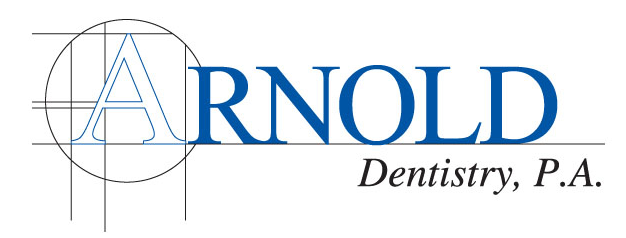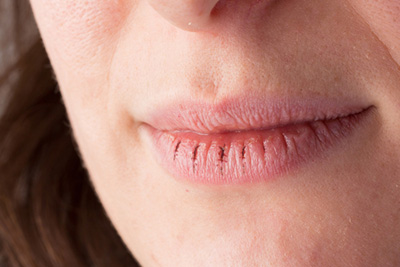Do You Suffer with Dry Mouth?
Mon, Aug 2nd, 2021
Many people have experienced a feeling of dry mouth from time to time and it is easily remedied by drinking water but did you know that some people have chronic dry mouth? They experience a dry mouth most of the time because their salivary glands aren't producing enough saliva to keep their mouth moist.
Dry mouth from decreased saliva production can range from a minor issue to having a major impact on the health of your teeth and gums plus food enjoyment, appetite and overall health.
What Causes Dry Mouth?
There are a variety of reasons a person may develop dry mouth including:
- Side effect of taking certain medication/s - Prescription and over-the-counter drugs
- Age related dry mouth - Poor nutrition, long term health issues and changes to the body's ability to process certain medications efficiently
- Cancer radiation therapy - Radiation to the head and neck can damage salivary glands and chemotherapy drugs can change the consistentency and amount of saliva produced (which may be temporary or permanent).
- Alcohol and tobacco use - Drinking and smoking or chewing tobacco can increase dry mouth
- Recreational Drug Use - Smoking marijuana can cause dry mouth (sometimes called cotton mouth) and using methamphetamines can not only cause severe dry mouth but can also damage teeth (known as meth mouth).
- Damage to nerves - Damage to the head and neck area as a result of injury or surgery
- Other health conditions - Sjogren's syndrome, Alzheimer's disease, stroke, diabetes and HIV/AIDS
Symptoms of Dry Mouth?
Dry mouth can become very uncomfortable leading to bad breath, saliva may feel thick or sticky, trouble with speaking, chewing and swallowing, sore throat, dry throat or hoarseness, altered taste and difficulty wearing your dentures.
A dry mouth can also lead to tooth decay, increased plaque, gum disease, sores in the mouth, cracked dry lips, inadequate nutrition due to difficulty chewing and swallowing.
Treatment for Dry Mouth?
Your primary doctor will most likely review your medications, medical history, examine your mouth and may do other tests to diagnose dry mouth. If your doctor thinks medication is the cause they may switch your medication or adjust the dose.
Over-the-counter or prescription products may provide some relief for dry mouth by moisturizing your mouth including:
- Mouth rinses
- Artificial moisturizers or saliva
- Mouth washes (for dry mouth)
For severe dry mouth, your doctor or dentist may prescribe medication to stimulate saliva. It is a good idea to protect your teeth and prevent cavities. Your dentist might fit you for flouride trays or recommend a rinse to control cavities.
If you have dry mouth, talk to your primary doctor and also your dentist.
Arnold Dentist
At Arnold Dentistry we are here to provide comfortable dental care for you! Please let us know if you have been experiencing dry mouth so we can help. Call us and schedule an appointment today! (813) 689-1529
sources: American Dental Association, Mayo Clinic






